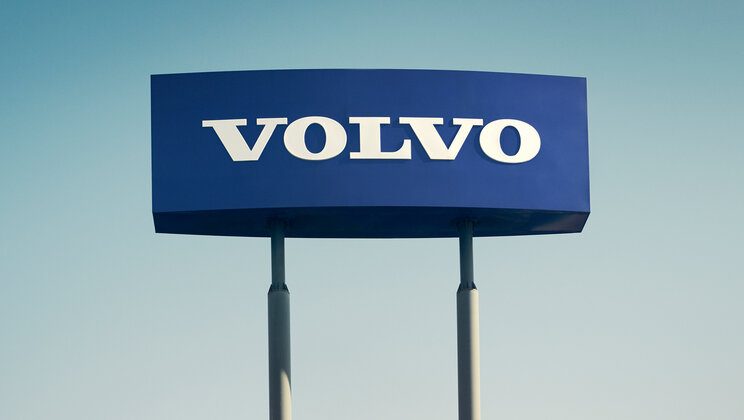Volvo Group Capital Markets Day focused on the group‘s strong position in electrification

At the Volvo Group‘s Capital Markets Day, president and CEO Martin Lundstedt and members of the executive board laid out the strategy to drive the transformation of the transport and infrastructure industries. The Volvo Group strives for solutions that are 100 percent safe, 100 percent fossil-free and 100 percent more productive. The commercialisation of electric vehicles is a key component of the strategy. The ambition is that by 2030, electric vehicles will account for at least 35 percent of vehicle sales and at least 50 percent of group revenues will come from services.
The transformation provides a great opportunity for the Volvo Group to grow by gaining market shares and increasing the service contract penetration and duration. With electrified vehicles there is a potential to increase the total vehicle and service revenues per unit by more than 50 percent over the lifecycle. By growing the service business the Volvo Group‘s resilience over the business cycle can be strengthened further.
“Medium-duty electric trucks for refuse and city distribution are already in serial production and we are pushing ahead with high speed in the commercialisation of heavy-duty trucks for regional transport and construction applications. With a complete lineup we can offer our solutions to a broad range of customer segments when market conditions and the total cost of ownership move in favour of electrified solutions. We are doing this to create value for our customers, for society and for our owners,” says Lundstedt.
Last week the Volvo Group and Daimler Truck AG agreed to form a joint venture to develop, produce and commercialise fuel-cell systems for use in heavy-duty trucks as the primary focus, as well as other applications. The ambition of both partners is to make the new company a leading global manufacturer of fuel cells.
“Battery-electric vehicles are a good solution for city distribution, city buses, regional haulage and similar applications. For use cases with heavier loads or longer distances, hydrogen fuel cells will be an important technology. The two technologies complement each other and both will be needed in order for us to build the sustainable transport system of tomorrow,” says Lundstedt.
At the Capital Markets Day the Volvo Group‘s Green Finance Framework, which is classified as Dark Green by CICERO Shades of Green, was presented. It connects the group‘s funding strategy to the ambitions of offering products and solutions that are 100 percent fossil-free and of achieving carbon-neutrality in its own operations.
Furthermore, Lundstedt spoke about taking the next step in adjusting and future-proofing the Volvo Group in line with the Paris Climate Agreement. The ambition is that the group will be a net-zero emissions company by 2050 at the very latest. In order to be transparent on the progress, Volvo Group is now committing to the Science Based Targets initiative and will establish targets and roadmaps during 2021. To improve the disclosure of climate-related risks and opportunities, the Volvo Group supports the Task Force on Climate-Related Financial Disclosures (TCFD) and will continue to adopt its recommendations.
A replay of the Capital Markets Day is available here: https://cmd.volvogroup.com





